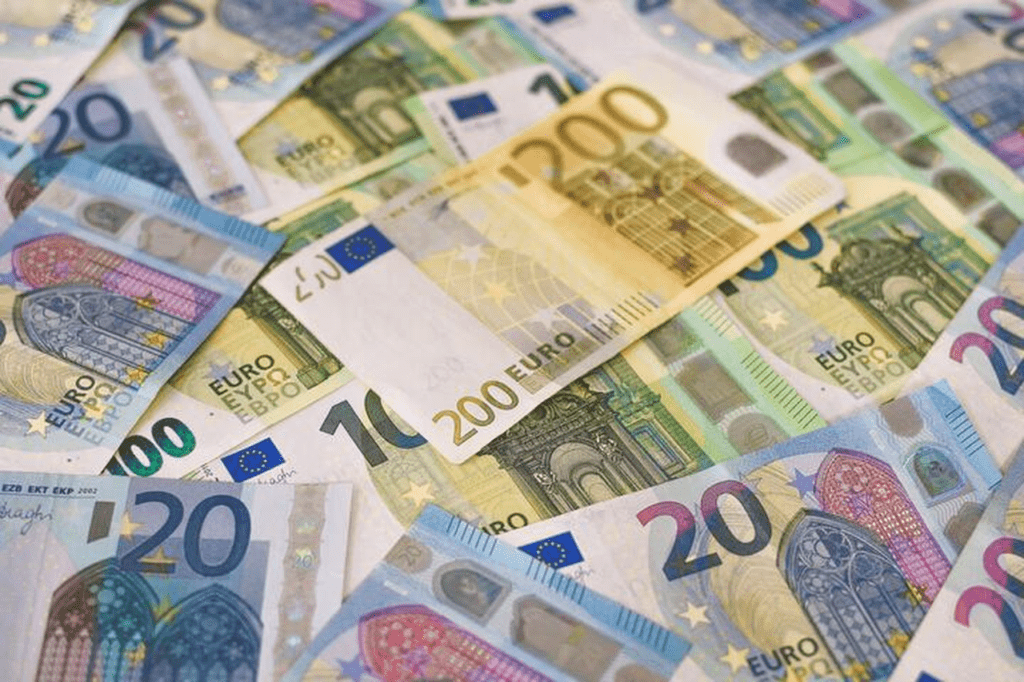The Belgian High Council of Finance (HCF) has warned the Belgian government not to rely on the European Commission’s Recovery and Resilience Facility fund, which promises Belgium €5.9 billion in loans and subsidies.
The loans are part of the European Commission’s plan to build stronger national economies in EU Member States following the global Covid-19 pandemic. Investment is to be used to support Europe’s green and digital transformation.
But this money must eventually be repaid, one way or another, and the council claims the Belgian government is not prepared.
In a report published by the HCF, the council warned the Federal Government that it must get serious about its budget restructuring proposals. By the end of the month, it has to submit its multi-year budget plans to the European Union.
Belgium is currently running a sizeable government deficit, despite making consistent reductions over the last three years. In 2020, the government’s deficit peaked at 9.1% of GDP; in 2021 it is estimated to have fallen to 6%, according to the Belgian Debt Agency’s 2022 Debt Management Strategy.
Before the war, the government deficit was predicted to fall to 4.2% this year. The Federal Government is now assessing to what degree the economic pressures of the war in Ukraine will affect this outlook.
'No cheap lunch'
Against the backdrop of the government’s uncertain debt situation, European subsidies have become much less palatable. “No cheap lunch”, HCF warns.
According to the HCF, the structural deficit must be reduced by 0.6% annually in order to support the repayment of European debts.
In other words, the government needs to cut back and find more than €9 billion between 2023-2025, a figure much larger than the proposed €5.9 billion European funding. The HCF advises the Belgian government to not rely on the riches promised by the European government.
Related News
- Inflation climbs to 8.31%, reaching 39-year high
- EU Commissioner calls for changes in union's public debt rules
- EU should invest €5 trillion in climate plan, says State Secretary for Economic Recovery
Belgium did not get the lion’s share of the total €338 billion in development funds set out by the European Union to start with. While most nations received an average subsidy of around 2.2% of their GDP, Belgium received just half that amount.
The total amount received by Belgium may also fall much shorter than expectations. State Secretary for Budget Eva De Bleeker has warned that Belgium may only see €4.55 billion due to economic performance last year, which is used to calculate total subsidy allocation.
Belgian government disagrees
In a comment to Flemish newspaper De Standaard, Belgian Secretary of State for Recovery, Strategic Investments and Science Policy Thomas Dermine disagreed with the HCF’s findings.
“It is a cheap lunch,” Dermine insisted, “Europe has lent the money at very favourable rates and Europe is working on alternative financing for its repayment.”
Dermine hopes that new tax initiatives will help plug the gap between government financial imbalances and European debt repayments. The Secretary is hopeful that new levies on plastic waste and digital goods would help Belgium to pay back the debt eventually.
The Belgian lawmaker hailed the European Recovery and Resilience Facility fund as an example of productive collective action, necessary to help Europe bounce back from the economic shocks of the Covid pandemic.
“It is in the interest of all member states to commit to an ambitious European approach, including that of the wealthier member states such as Germany, France, and Belgium,” he stated.
“As a small, open economy, this is particularly true for our country, which also benefits from investments from investments in other member states.”

